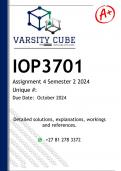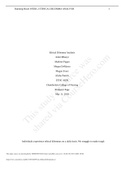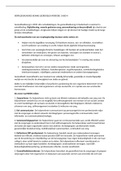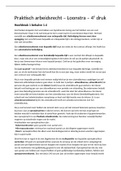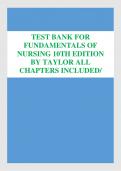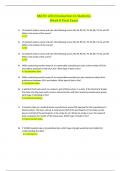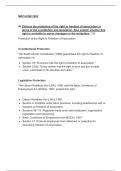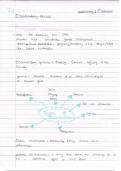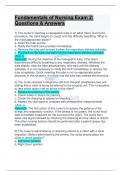Exam (elaborations)
IOP3701 Assignment 4 (DETAILED ANSWERS) Semester 2 2024 - DISTINCTION GUARANTEED
- Institution
- University Of South Africa (Unisa)
IOP3701 Assignment 4 (DETAILED ANSWERS) Semester 2 2024 - DISTINCTION GUARANTEED - DISTINCTION GUARANTEED - DISTINCTION GUARANTEED Answers, guidelines, workings and references....... You are a registered psychometrist working at a university counselling centre. The centre provides a range of psycho...
[Show more]
